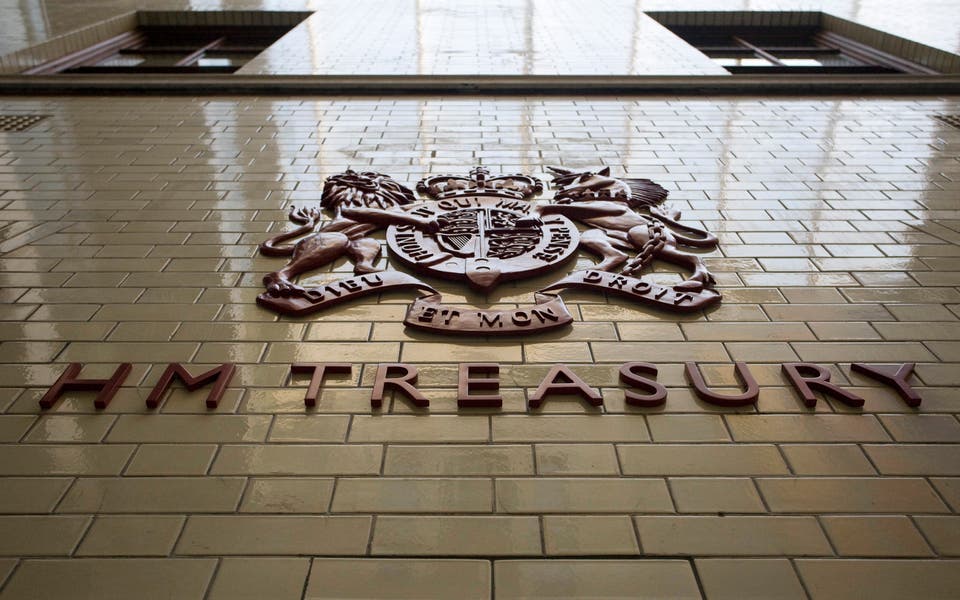Private sector growth hits seven-month low as election puts pause on spending
The UK’s private sector grew at its slowest rate for seven months in June, as goods and services inflation remained stubbornly high and firms put spending decisions on hold until after the General Election.
The S&P Global/CIPS flash UK composite purchasing managers’ index (PMI) reported a reading of 51.7 in June, down from 53 in May. The figures are based on preliminary data.
Any score below 50 indicates that activity is contracting, and any score above means it is growing.
The UK’s services sector dragged the rest of the private sector down, as growth slowed for the second month running, showing a reading of 51.2 for June.
Companies said higher customer demand helped boost activity, but it was not enough to counteract the election-related pause in spending.
Growth in the manufacturing sector, which accounts for less than 10% of British economic output, was stronger, with production output showing a reading of 54.2, a 26-month high.
Chris Williamson, chief business economist at S&P Global Market Intelligence, said firms had put decision making on a “hiatus” until after the General Election.
“Meanwhile, from an inflation perspective, stubbornly persistent service sector inflation – a major barrier to lower interest rates – remains evident in the survey, but should at least cool further from the current 5.7% pace in coming months,” he said.
“However, companies’ costs are rising, most notably in manufacturing, where shipping costs in particular are spiking again and adding to a renewed rise in inflationary pressures from goods.”
It comes after the Bank of England kept interest rates unchanged on Thursday at 5.25%, despite the headline rate of inflation hitting the Bank’s 2% target in May for the first time for nearly three years.
Read More
But inflationary pressures accelerated, with input price inflation picking up from its 40-month low in May. Manufacturing input prices also recorded the sharpest uptick for 17 months, with firms commenting on higher prices for items such as metals and paper.
Wages remained the main driver of services cost inflation, although shipping and software costs were also widely cited by respondents.
Mr Williamson added: “In short, while a slowdown in economic growth may prove temporary, should businesses react positively to the policies announced by any new government, the stubbornness of underlying inflationary pressures above the Bank of England’s target still looks somewhat engrained.”



